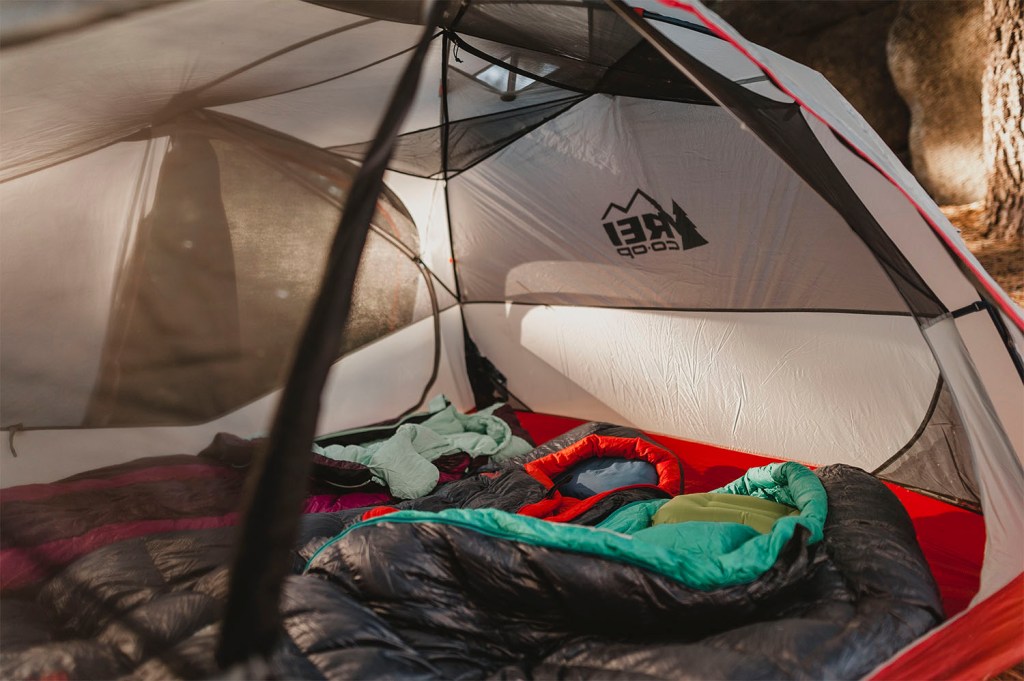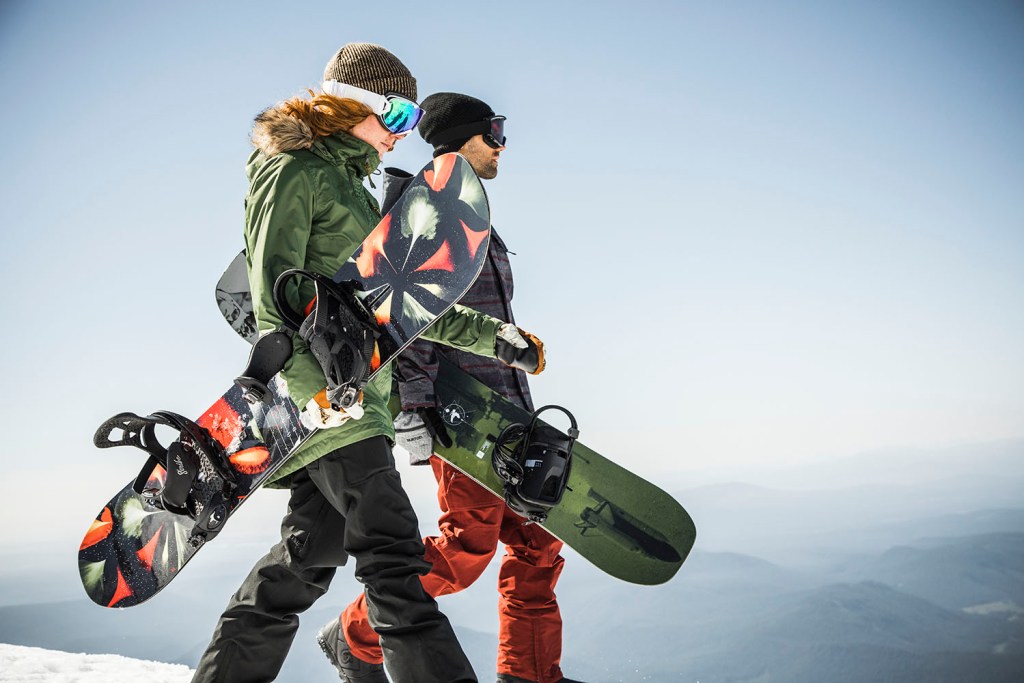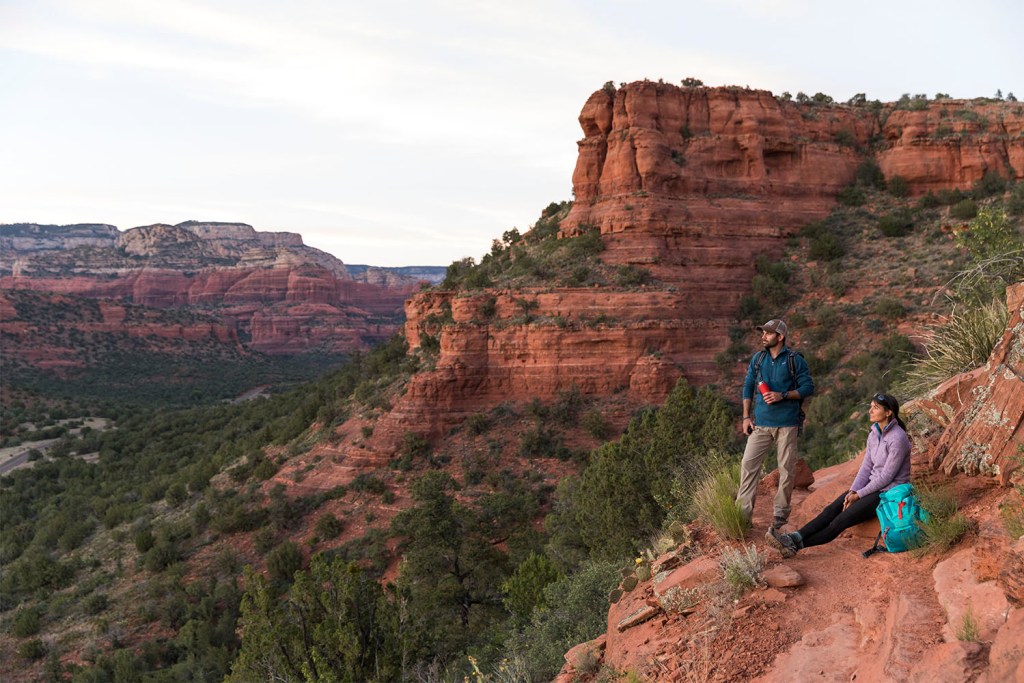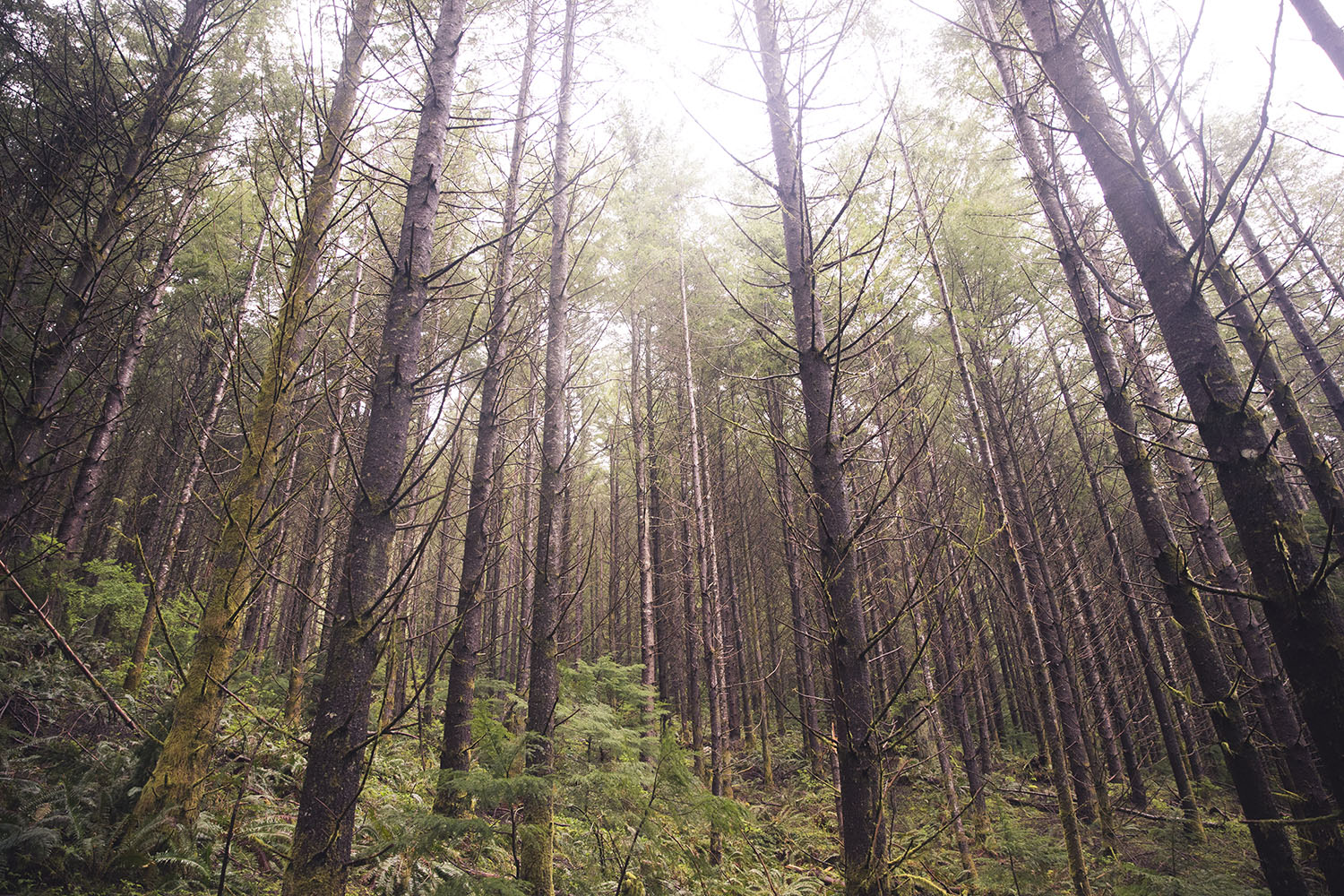Your relationship with outdoor clothing and gear probably looks a lot like this: You buy it, you use it/love it dearly, and at some point you retire it. Not everybody has the time or expertise to understand the full environmental and social impact of the products we buy. We get it. Product sustainability is a complicated topic. Our goal: Make it easier to understand and help you find products that are good for people and the planet.
As a co-op, we’re dedicated to promoting the health of the outdoors and having a positive effect on communities. But we recognize every piece of clothing and gear has an environmental and social footprint. So, we look closely at the products we sell and aim to continuously improve their impacts. We focus on maximizing the positive things (like advancing fair, safe and healthy working conditions for manufacturers) and minimizing the environmental footprint (such as the use of energy, materials, water and chemicals).
“Purchasing a product may seem like a small action. However, every time we buy a more sustainable product, we send a message that we care about sustainability and that we support a better way of making products,” said Greg Gausewitz, REI’s Product Sustainability Manager.
We recently published a series of Expert Advice articles on sustainability, meant to help our customers understand the most relevant product attributes and certifications. We have close to 1,800 styles with at least one of the sustainability attributes we highlighted, including organically grown cotton, recycled materials, bluesign, Fair Trade, the Responsible Down Standards (RDS) and several others. In the coming months and years, we plan to offer an even greater range of more sustainable products.
Here’s a closer look at a handful of products that REI is carrying this fall that utilize some of these sustainability solutions. These products demonstrate how brands are integrating sustainability into their products and helping move the industry forward.
REI Co-op Magma 17 and Magma 10 Sleeping Bags
Why is this product more sustainable? Responsible Down Standard-certified down and bluesign®-certified fabric

The REI Co-op women’s Magma 17 and men’s Magma 10 sleeping bags have a lot going for them. They’re lightweight and super cozy, and feature water-resistant 850-fill goose down. They won a 2017 Editors’ Choice Award from Backpacker magazine, as well. Simply put, the Magma bags give you the best warmth-to-weight ratio we offer. Plus, the down they contain is certified to the Responsible Down Standard (RDS).
In the fall of 2015, REI adopted the RDS for 100 percent of down insulation in REI Co-op brand products, from sleeping bags to jackets. This ensures the down used in our products comes from ethically treated fowl. Independent, professional certification bodies inspect each part of the down supply chain.
“We know that our members care about the well-being of animals, including the ducks and geese that the down in our products comes from. The RDS provides assurance that certified down comes from ducks and geese that were treated well and that were not subjected to inhumane practices, such as live plucking or force feeding,” Gausewitz said.
In addition to RDS-certified down, the fabric used in the Magma bags is bluesign certified. The bluesign system aims to prevent potentially hazardous chemicals from ever entering the manufacturing process. So, the bluesign system not only supports safer products, but also reduces impacts to the people who manufacture products and the environment where they’re made.
Learn more about the Responsible Down Standard and bluesign.
Burton Deja Vu and Process Flying V Snowboards
Why is this product more sustainable? Forest Stewardship Council™ (FSC) certified wood core and use of Life Cycle Assessment (LCA) methodology

The strength, weight and performance of a snowboard comes, in large part, from its core. Composed of many different types of wood, it’s considered “the main ingredient.” Burton’s highest-end cores can have up to 500 different wood pieces and lamination.
“Burton has strong environmental commitments and that really stems from our reliance on the environment as our playground to enjoy the sport. As a snowboard company, it made sense for us to start by focusing on the boards,” said Jenn Swain, Sustainable Innovation Project Manager at Burton.
So, beginning with its Family Tree line, Burton began an initiative in 2014 to ensure all its snowboard cores were FSC certified, meaning they have been sourced from responsibly managed forests. FSC certification promotes responsible forestry by addressing both environmental and non-environmental concerns associated with the sourcing of wood and wood products.
Some of those environmental concerns include: deforestation, converting natural forests to plantations or non-forest uses, and the use of genetically-modified trees. Among the non-environmental concerns are: the violation of the rights of indigenous people to their land, the risk of illegal harvesting, and the potential for the timber trade in a region to drive armed conflict.
Two years later, Burton reached the milestone of having 100 percent of its wood cores FSC certified, including the cores in the Deja Vu women’s snowboard and the Process Flying V men’s snowboard.
Burton also measures the environmental impacts of all its hard goods using life cycle assessment (LCA) methodology. They assess products “from cradle to gate”—from raw materials to the finished product, and everything in between.
“Using LCA software, we hone in on what matters most. We identify areas of high environmental impact and then work to reduce those impacts by improving the design, material choices or manufacturing practices,” Swain said.
Learn more about the Forest Stewardship Council.
Patagonia Better Sweater Quarter-Zip Fleece
Why is this product more sustainable? Fair Trade Certified™ sewing and bluesign-certified fabric

On the Better Sweater® Quarter-Zip Fleece tag, you’ll see a Fair Trade Certified™ sewing seal. That means it was manufactured in a Fair Trade-approved facility.
“A Fair Trade Certified factory upholds strong social and environmental standards and has made a commitment to working with its customer to bring the benefits of the Fair Trade program, including the premiums, to its workers,” said Thuy Nguyen, Supply Chain Social Responsibility and Special Programs Manager at Patagonia.
To earn this certification, a factory must meet about 200 standards in the areas of labor, human rights, health and safety. Patagonia also pays a premium for every item with the Fair Trade seal. That’s truly what makes Fair Trade unique. The extra money goes directly into a community-managed bank account that belongs to the factory workers, and they decide how to use it.
“At [a factory in Sri Lanka, one of three that makes the Better Sweater,] we have seen workers use the money to start a daycare center, which offers free daycare to children of workers in the factory. They have also started a health program, which offers free health education and basic necessities to workers, like undergarments and sanitary napkins,” Nguyen said.
Fair Trade USA launched its apparel program in 2010, and over the past several years, REI has begun carrying a growing assortment of Fair Trade Certified clothing. “We’ve been pleased to see several of our brand partners—including Patagonia and prAna—expand their offerings of Fair Trade Certified apparel in recent years. In 2016, we also began selling a selection of Fair Trade Certified products under the REI Co-op brand,” Gausewitz said.
Patagonia first began offering Fair Trade clothing back in 2014 with 10 styles made in one factory. As of this fall, that number has grown to 480 styles, made in 14 factories. The Better Sweater Quarter-Zip Fleece and Vest, and Classic Synchilla® Fleece Jacket (men’s and women’s) are all Fair Trade Certified sewn. The Better Sweater line is also created with bluesign-certified fabric.
Learn more about Fair Trade and bluesign.
As an outdoor company, it goes without saying that the health of the outdoors is of fundamental importance, and we must do our part to contribute. Purchasing products with sustainable attributes is one way you can make an impact. Learn more about how to choose sustainable gear and clothing, and stewardship at REI.


